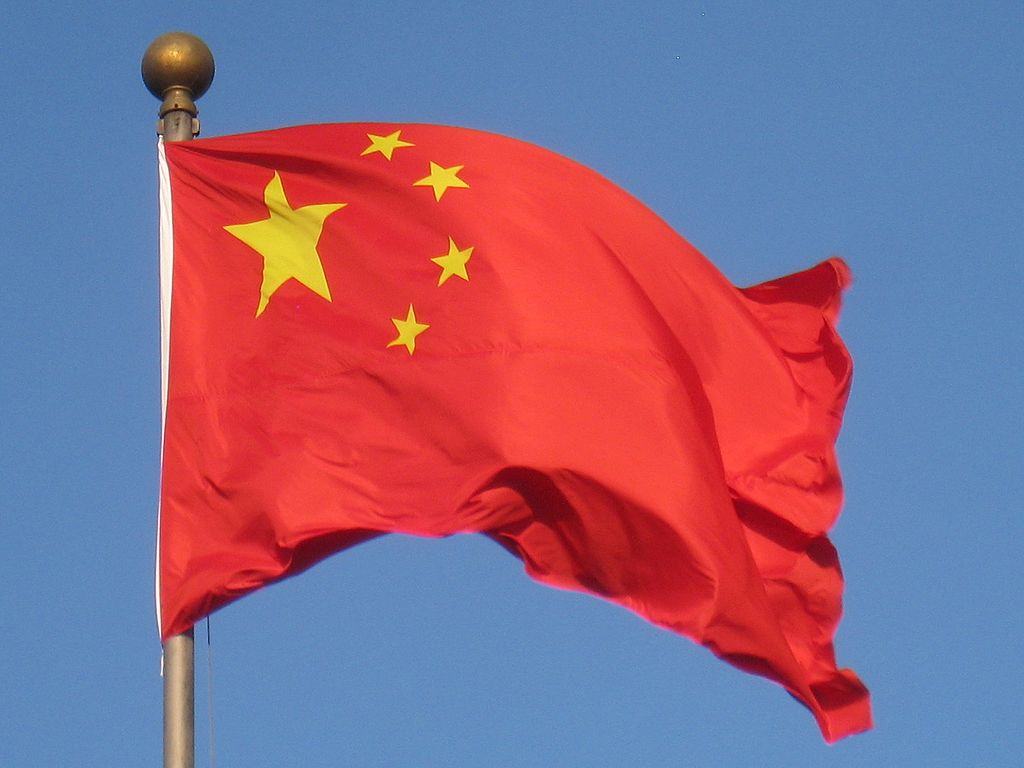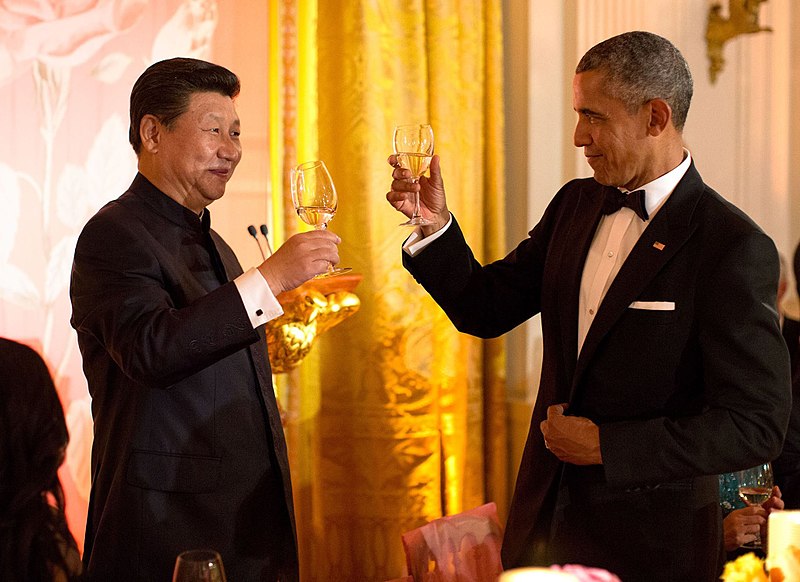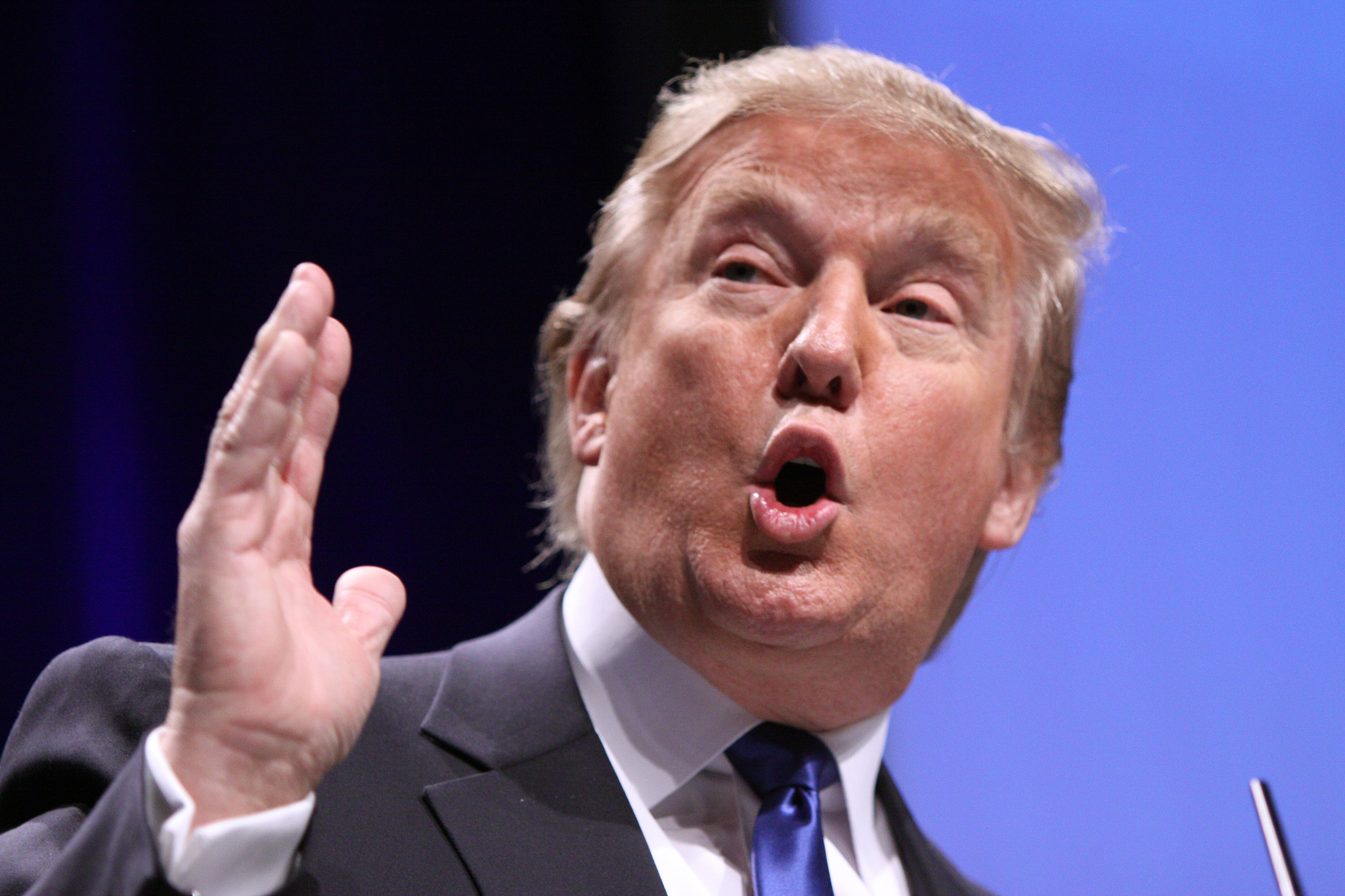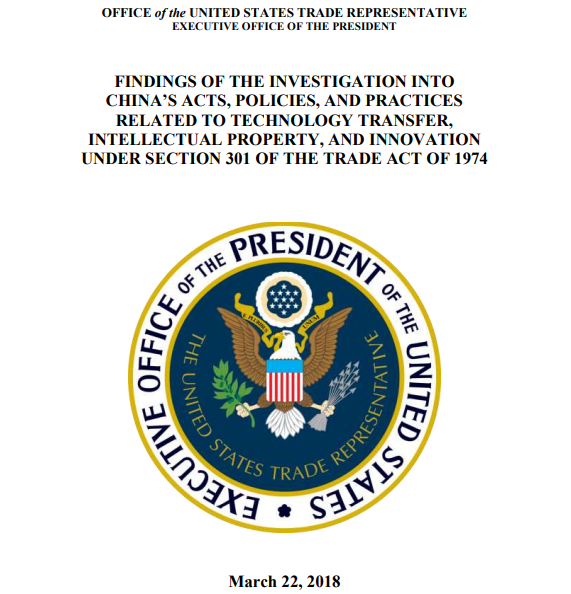Stephen Roach
Senior Fellow, Yale University
Jun 26, 2019
Blinded by a surging stock market and a 50-year low in the unemployment rate, few dare to challenge the wisdom of US economic policy. Instant gratification has compromised the rigor of objective and disciplined analysis. Big mistake. The toxic combination of ill-timed fiscal stimulus, aggressive imposition of tariffs, and unprecedented attacks on the Federal Reserve demands a far more critical assessment of Trumponomics.
May 29, 2019
“When governments permit counterfeiting or copying of American products, it is stealing our future, and it is no longer free trade.” So said US President Ronald Reagan, commenting on Japan after the Plaza Accord was concluded in September 1985. Today resembles, in many respects, a remake of this 1980s movie, but with a reality-television star replacing a Hollywood film star in the presidential leading role – and with a new villain in place of Japan.
May 03, 2019
In a rare moment of bipartisan agreement, America’s Republicans and Democrats are now on the same page on one key issue: Blaming China for all that ails the United States. China bashing has never had broader appeal.

Feb 25, 2019
China has better prospects than the US in a long-term trade war.
Nov 26, 2018
At a time of ever-escalating threats and counter-threats, the imperative of compromise cannot be understated. The upcoming meeting between Trump and Xi provides an opportunity to reframe the conflict as a strategic challenge for the world’s two leading economies.

Sep 26, 2018
Codependency never ends well in personal relationships. Judging by the ever-escalating trade war between the United States and China, the same is true of economic relationships.
Aug 28, 2018
Many observers believe that the US is doing the rest of the world a huge favor by running chronic current-account deficits – namely, supporting the large surplus countries, which tend to suffer from a shortfall of domestic demand. Others, including me, are more critical of America’s long-standing penchant for excess consumption and the role that surplus economies play in enabling it.

Jun 26, 2018
The trade war may well be an early skirmish in a much tougher battle, during which economics will ultimately trump Trump.
May 24, 2018
Any effort to impose a bilateral solution on a multilateral problem will backfire, with ominous consequences for American consumers.

Apr 25, 2018
United States Trade Representative Robert Lighthizer’s Section 301 report appears to be an ironclad case against China— but don’t be fooled. As Stephen Roach argues, the report is wide of the mark in several key areas.
